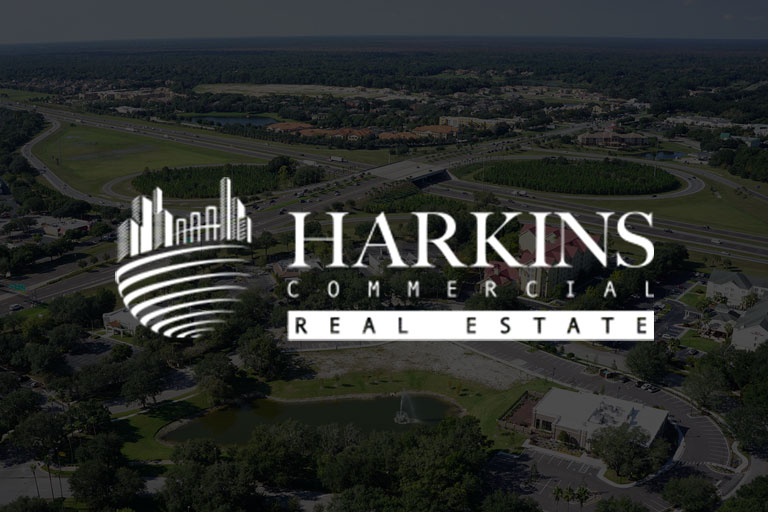Commercial Leases Can Be Tricky
harkins

There are many first-time tenants in today’s commercial leasing marketplace. A frequently asked question is, “why does Property A have a $15 per square foot rent while Property B is $20?” The answer frequently lies in the treatment of operating expenses in their leases.
One of the hidden details in commercial leasing is the method in which operating expenses are passed through to tenants.
Tenants need to be aware of exactly what their operating expense responsibilities will be when they negotiate lease terms. All commercial buildings have expenses related to the operation of the building or property. All landlords seek to pass these expenses on to tenants, either directly or indirectly.
There are several types of operating expenses which can include real estate taxes, property insurance, gas, electric, water, accrued maintenance and special fees for reserved parking, or space on a roadside or building sign identifying the various businesses in a building. A significant item is the cost associated with maintaining the building and property, referred to as Common Area Maintenance (CAM).
In the Orlando area, tenants frequently pay their own electricity, gas, water, telephone and internet expenses, although there are many exceptions to this practice.
Three common types of leases are Full Service, Modified Gross and Triple Net (NNN).
Full Service leases are usually used for larger buildings where the landlord is responsible for all expenses except telephone and internet. Rents will be higher, in part, because the landlord will need to recapture operating expenses. As part of cost management, air conditioning is frequently turned off at the end of the business day (5 or 6 p.m.) Tenants requiring evening air conditioning must request special service and pay a premium. Leases usually set up expenses against a base period with overages passed through to the tenants.
Modified Gross leases will typically carry a higher lease rate, but not as high as Full Service because the landlord will have considered all operating expenses when establishing the rent rate. Tenants will be responsible for electric, telephone and internet expenses in addition to rent.
Triple Net (NNN) leases, at face value appear to be a less costly type of lease. However, real estate taxes, CAM and property insurance are passed through to the tenant on a pro-rata basis, frequently in a separate billing.
Calculation of CAM charges can be tricky. Some landlords pass costs through without mark-up; some add an overhead percentage. Some properties have a property manager or property management company that must be accounted for, and some landlords accrue the anticipated costs of new roofs or parking lots in order to avoid an expensive pass-through when the expense is incurred.
One final thought is that tenants should be aware when a building is sold, the property value will be adjusted (usually upwards) which can result in higher real estate taxes on the property and higher pro-rata pass-through expenses to tenants.
We can conclude that commercial leases are complex. Tenants should work with a competent commercial broker and retain a skilled real estate attorney to review their leases.
« Previous Next »
 Harkins Commercial, Incorporated opened its doors in 1978. Originally conceived as an in-house real estate service for custom home clients of Harkins Development Corporation, Harkins Realty, Inc has today evolved into a comprehensive commercial real estate firm that offers a full range of business-oriented services.
Harkins Commercial, Incorporated opened its doors in 1978. Originally conceived as an in-house real estate service for custom home clients of Harkins Development Corporation, Harkins Realty, Inc has today evolved into a comprehensive commercial real estate firm that offers a full range of business-oriented services.